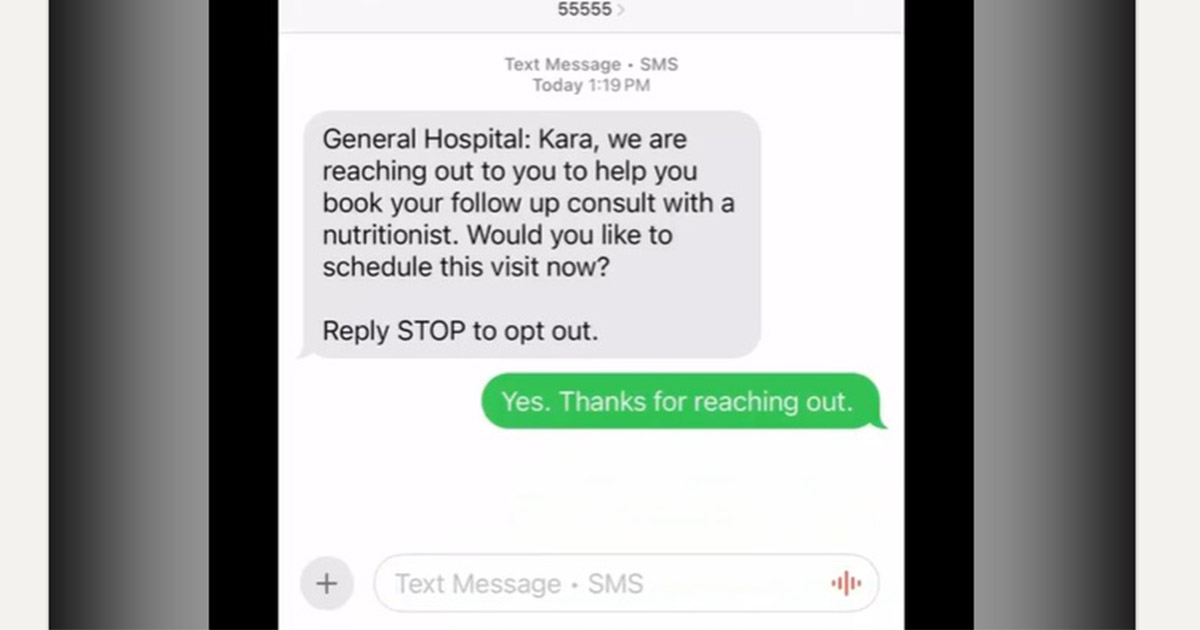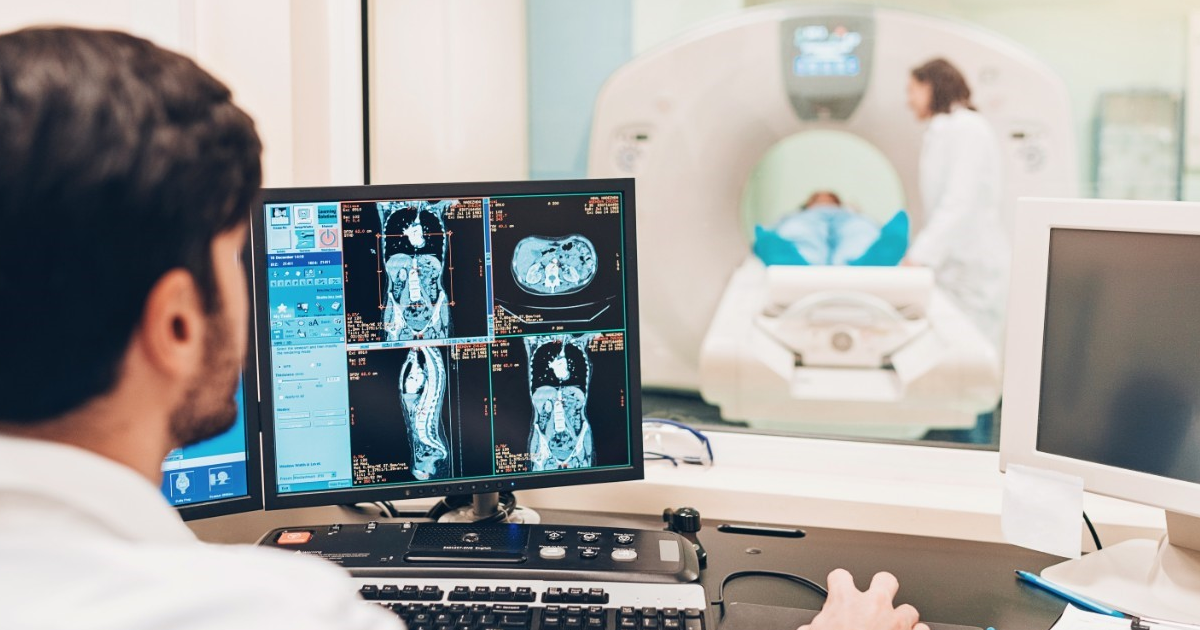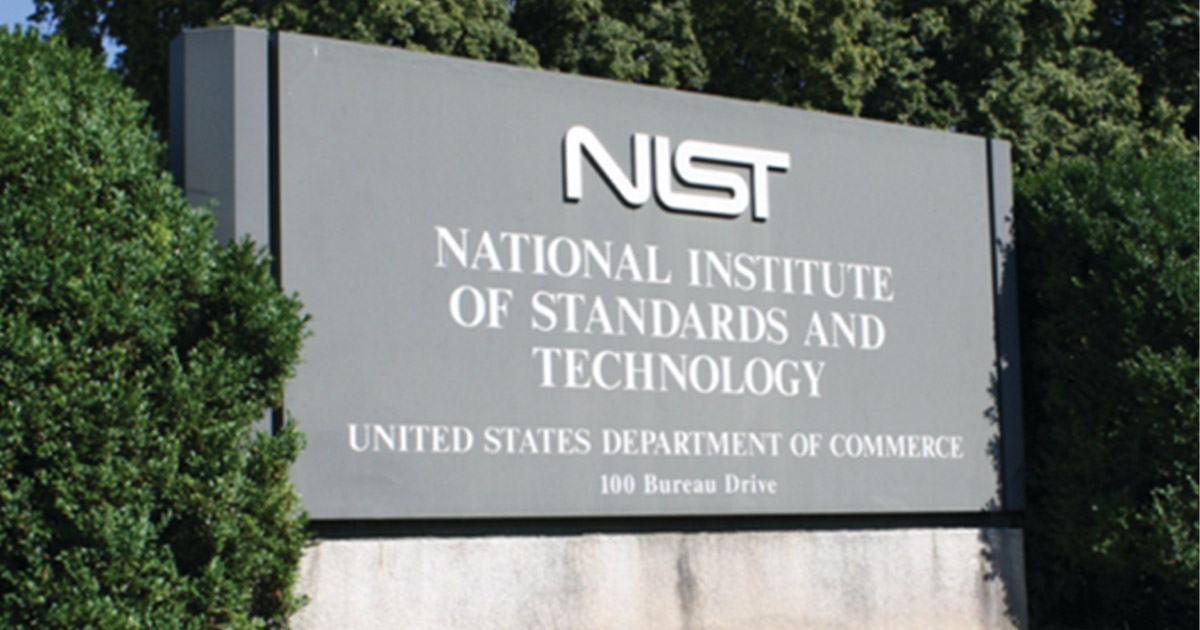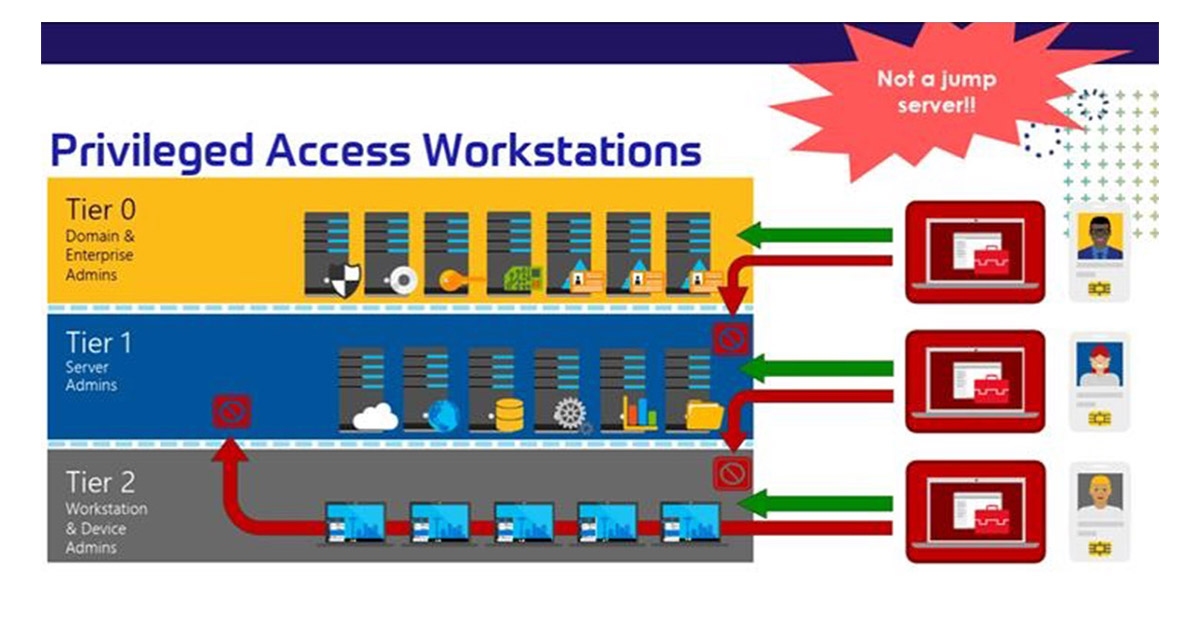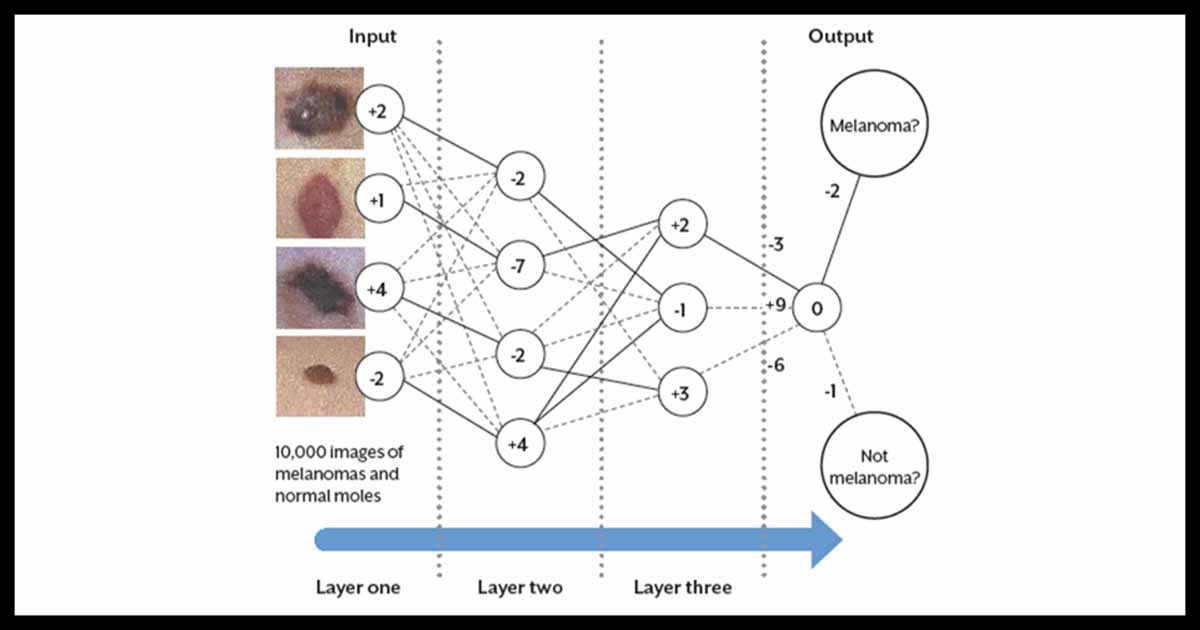News
The artificial intelligence agent texts patients to schedule their follow-ups – presenting options for provider availability, booking their choice and then confirming appointment details.
SPONSORED
Managing the cybersecurity risk of growing numbers of connected medical devices with minimal disruption to patient care is a balancing act. As vulnerabilities also increase, the need for network level end-to-end risk management is greater than ever.
While data and digital positions have been retained, abolished roles still pose data security risks, says a local trade union.
AI & ML Intelligence
They see artificial intelligence as a core enabler of financial performance and patient-centric care, a new survey shows, and also expect it to become fundamental to how health systems think about care quality, patient outcomes and market competitiveness.
The agency is seeking comments on a newly pruned framework, which it updated to align with its second-generation version – and hopefully make life easier for users who need both.
SPONSORED
Endoscopy plays a critical role in early cancer detection and avoiding open surgery. But a combination of overburdened healthcare staff and fragmented workflows means endoscopy departments need greater interoperability to improve patient outcomes.
AI & ML Intelligence
The Indiana health system has seen an 86% drop in time to complete notes, with after-hours documentation time plunging by 34%. And documentation turnaround has improved by 87%. Says one provider: "I was sold after just one patient. It was such a relief."
By adding to its suite of digital tools, coaching, therapy and psychiatry services for employers and health plans, Teladoc said it seeks to reinforce its virtual mental health leadership.
Cybersecurity In Focus
Healthcare organizations can stave off ransomware attacks with highly gated permissions that lock out common intrusions, say Intermountain cybersecurity leaders, who have found success with the approach.
AI & ML Intelligence
These networks started impacting healthcare in the last 20 years, but it's only today that reliable prospective studies are convincing clinicians to use these artificial intelligence tools in their daily work. A Mayo Clinic researcher offers some insights into their applications and use.
